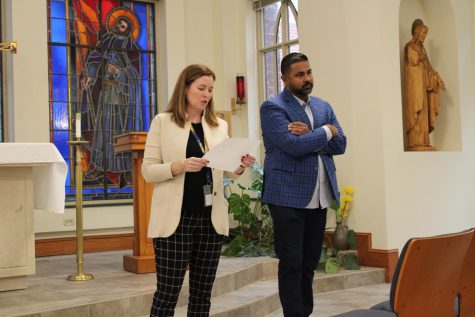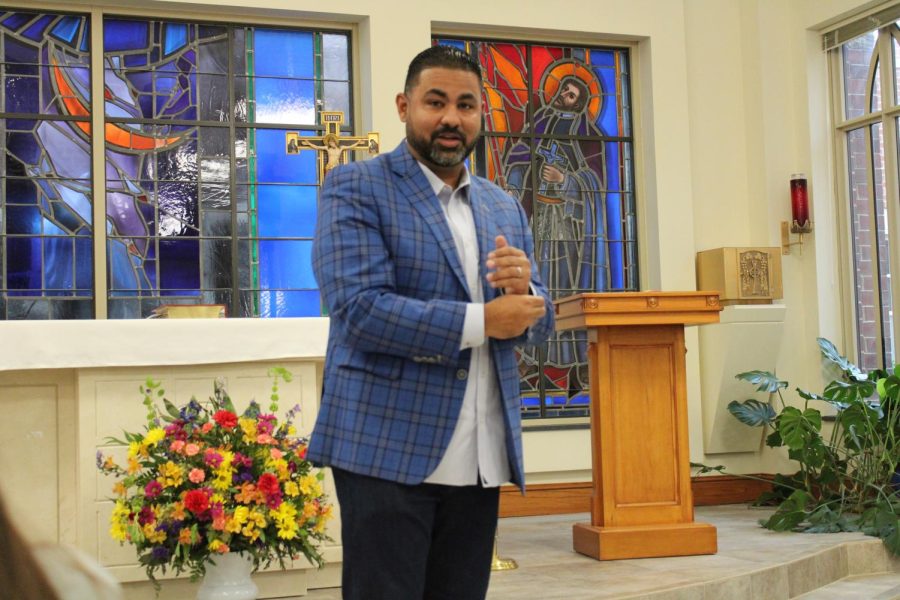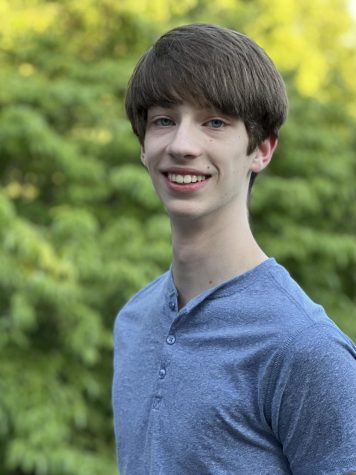
Recently, the IB World Religions Year One classes welcomed a speaker to discuss the idea of the internal diversity of religions.
Rizzy Qureshi is an accomplished litigator and seasoned lawyer who works for the Department of Justice, attempting to free wrongly incarcerated individuals. His primary focus now is on social justice, trying to eliminate the bias people gain from one adverse action.
The objective of this specific talk, however, was to demonstrate the internal diversity of religions, specifically Islam. What does this mean though?
Internal diversity in religions is the idea that not every member of one religion has the same beliefs and practices but will vary depending on the culture and community practicing this faith at any given time. This is shown through concepts such as different denominations of a single united religion, each with slightly different beliefs from the rest.
Rizzy lives this idea as a Muslim man from an immigrant family of the same religion and marries a Catholic woman. Some would frown upon the idea of this because both of their faiths tell them they should be marrying inside the religion, but others believe this to be perfectly acceptable.
This is the nature of any communal group, not just religions. There will always be different interpretations of the presented facts, which can cause violence between the groups formed by such disagreements. When it comes down to it, however, there is always a sense of unity on some level.
Take Islam, for example; Muslims may be split into Sunni or Shi’ite or one of many other groups and then into smaller communities among those groups. Even though they all believe slightly different things, there is still an overwhelming sense of unity among the umma, the Arabic word for the entire community of all Muslims. The core of their beliefs is one God and his prophet Muhammad (PBUH).
This unity is a core concept that we all need to understand — we, as humans, are not solitary creatures but instead thrive off of the interactions that we have with each other. But we cannot be together if we cannot accept each other’s beliefs and worldviews. We need to accept each other for who we are and unite, not just as small communities but as one cohesive human race.


